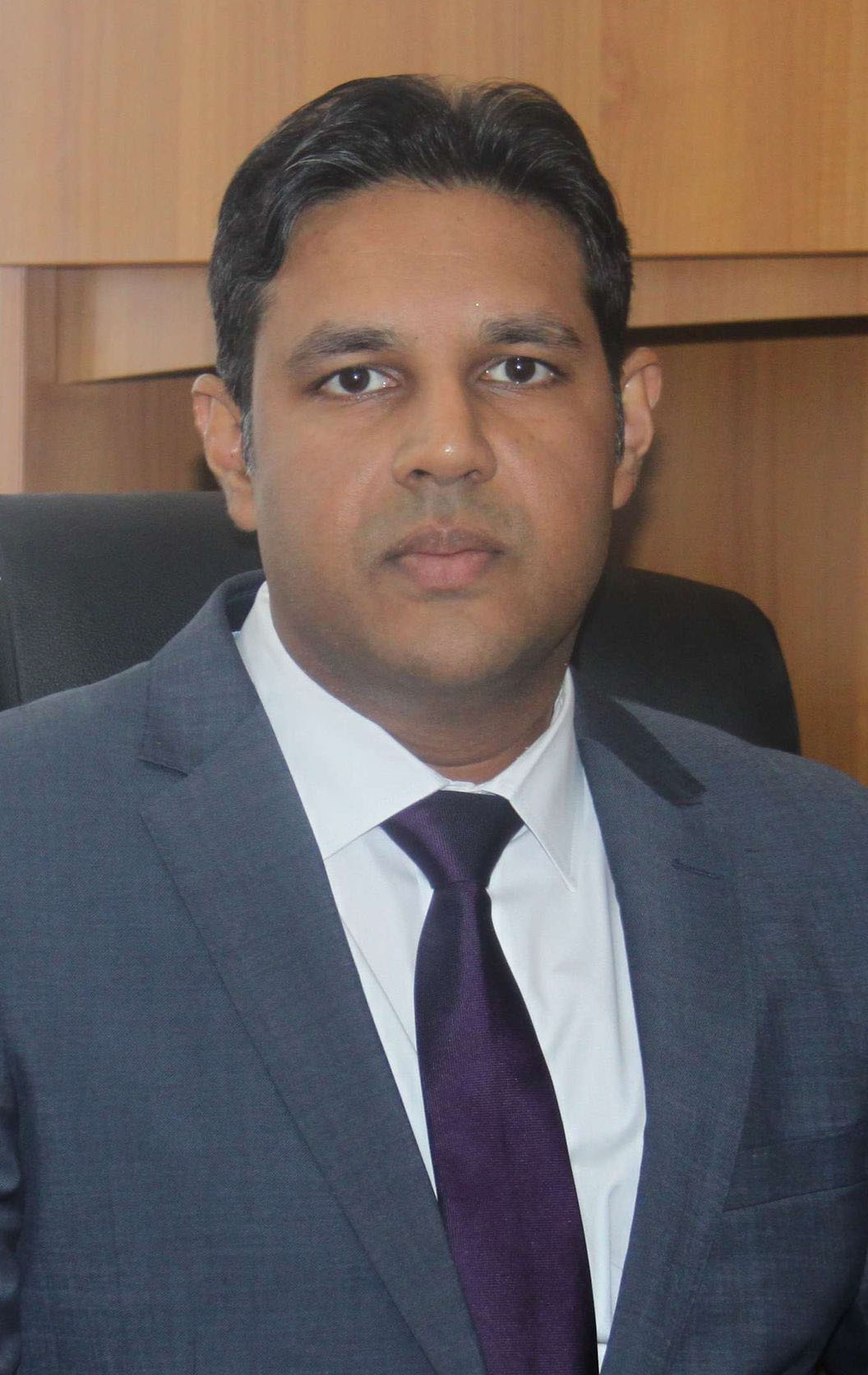(Trinidad Express) Health Minister Terrence Deyalsingh said Trinidad and Tobago will soon benefit from the expertise of a group of intensive care nurses from Cuba as the country steps up its fight against COVID-19.
When questioned about the consideration of receiving assistance from Cuban medical professionals as other Caribbean countries have done, Deyalsingh said: “It has always been this Government’s policy to seek Cuban professionals where there’s a lack of that particular speciality in Trinidad and Tobago. As per COVID, we do have a cohort of intensive care nurses coming in. We signed off on that about three weeks ago. Inter-views were done online to judge their suitability, their language skills and so on.”
He did not disclosed when the nurses are due to arrive here but indicated that upon their arrival they will be deployed in the in-tensive care unit under the direction of Dr Anthony Parkinson, who was brought on-board to manage the whole intensive care unit response across Trinidad and Tobago.
Deyalsingh made the disclosure during this morning’ Ministry of Health press conference to update citizens on the country’s COVID-19 status.
Meanwhile, in responding to what protocols are being used to treat with the bodies of persons who would have succumbed to COVID-19, chief medical officer Dr Roshan Parasram said the protocols put in place are based heavily on World Health Organization’s (WHO) policy as it relates to the disposal of human remains in this particular instance.
“Our process is basically adopted from WHO. We did have consultation with the various religious groups as well to refine it a little bit to our sector just to make sure we’re culturally sensitive as well, but the basis on which we base our process is that the deceased body can spread COVID-19 and there must be limited, if not little or no contact with another individual unless they are wearing the appropriate PPE, so that we limit the spread of the virus, not only from the living, from the deceased person as well.”
Parasram said based on these protocols, family members are not allowed to take custody of bodies following death.
“The body in these cases would go from the hospital to the funeral home and then directly to the gravesite or the crematorium. There’s no home visit, there’s no church visit, there’s no visit to a place of worship in these cases,” Parasram said.
And Deyalsing added that one of the main factor for the spread of the Ebola virus on the continent of Africa stemmed from the handling of dead bodies by family members where some rituals actually demanded that the family wash the body themselves, which led to an explosion in the cases of Ebola.
“We must learn from that experience and apply similar protocols to COVID because as the chief medical officer said, it is still possible that when you have a deceased person you can still have infection.”





